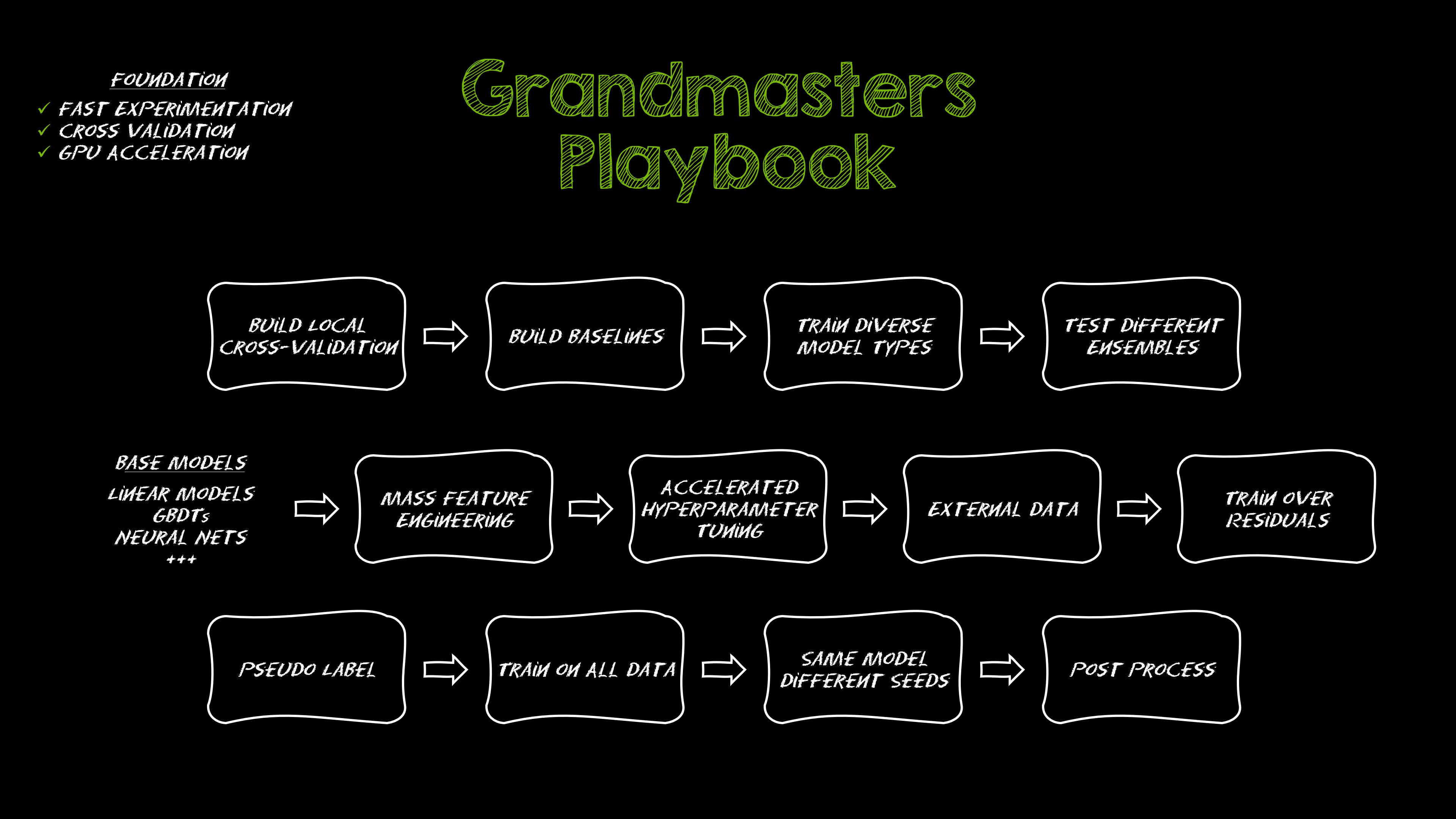
Coauthor Roundtable: Reflecting on healthcare economics, biomedical research, and medical education
TL;DR
- The coauthor roundtable examines the intersection of healthcare economics, biomedical research, and medical education in the era of generative AI as presented by Microsoft Research.
- Hosts Peter Lee, Carey Goldberg, and Dr. Zak Kohane compare their earlier predictions with insights from the series’ most recent guests, including experts on AI’s economic and societal impact, leaders in AI-driven medicine, and doctors in training.
- The episode centers on navigating medical education in the era of generative AI and discusses implications for educators, clinicians, and policymakers.
- The discussion highlights AI’s economic and societal footprint and its role in shaping AI-driven medicine as a cross-cutting theme.
- As a series finale, the conversation offers takeaways and prompts further exploration for stakeholders across healthcare, education, and industry. As context for readers, this piece builds on the Microsoft Research podcast page covering the roundtable dedicated to these topics MSR podcast link.
Context and background
Microsoft Research’s podcast initiatives frequently bring together practitioners and researchers to explore how AI intersects with healthcare, science, and education. In this roundtable format, the coauthors—Peter Lee, Carey Goldberg, and Dr. Zak Kohane—revisit prior predictions and weigh them against the latest guest perspectives. The July 24, 2025 focus, titled Navigating medical education in the era of generative AI, anchors the discussion in real-world shifts driven by generative AI tools and their integration into medical training [MSR podcast link]. The series has featured guests addressing AI’s economic and societal impact, leaders in AI-driven medicine, and doctors in training, offering a cross-disciplinary view of how AI is reshaping practice and pedagogy. In this sense, the roundtable aims to synthesize anticipation with observed practice, illustrating where expectations align with or diverge from recent experiences.
What’s new
This edition marks the series finale and emphasizes the latest phase of AI-enabled evolution in medical education. Rather than presenting new experiments in isolation, the roundtable cross-references predictions with insights from the most recent guests, creating a dialogue that tests ideas against lived practice. The emphasis on navigating medical education in the era of generative AI signals a shift from theoretical potential to concrete questions about curriculum design, assessment, and student preparedness as AI tools become more embedded in clinical training.
Why it matters (impact for developers/enterprises)
For developers and enterprises building AI solutions for healthcare and education, the conversations in this roundtable underscore several practical implications:
- The economic context of AI adoption in medicine is a persistent concern, influencing how tools are funded, scaled, and valued within academic and clinical settings.
- Leaders in AI-driven medicine stress that integration with training programs and clinical workflows requires close collaboration with educators and clinicians in training.
- Doctors in training are increasingly part of the feedback loop that shapes tool design, evaluation, and governance, highlighting the need for user-centered development and iterative validation.
- The intersection of AI capabilities and medical education presents both opportunities to enhance learning outcomes and challenges related to reliability, safety, and credibility of AI-enable instructional content. As noted on the MSR podcast page, this roundtable consolidates these perspectives to offer a cohesive view for decision-makers in technology, healthcare delivery, and education policy. Readers and listeners can explore how these insights translate into planning, procurement, and curriculum development in institutions that adopt AI-enabled learning and practice tools [MSR podcast link].
Technical details or Implementation
The piece reflects a traditional roundtable approach employed by Microsoft Research—several leading voices engage in a guided conversation that juxtaposes forward-looking predictions with recent guest experiences. The hosts—Peter Lee, Carey Goldberg, and Dr. Zak Kohane—curate themes drawn from the series’ broader exploration of AI’s impact on economics, biomedical research, and medical education. The July 2025 episode centers on navigating medical education amid generative AI, illustrating how academic curricula and clinical training may adapt to new technological capabilities. While the content is interpretive and syntheses-based, the structure follows a deliberate dialogue format designed to surface convergence and divergence between expectations and observed practice. For reference and provenance, the MSR podcast page hosting the roundtable is provided above.
Key takeaways
- Generative AI is shaping medical education, with implications for curriculum design, assessment, and student readiness in clinical settings.
- Economic considerations around AI adoption in healthcare influence budgeting, resource allocation, and the scalability of AI-enabled training tools.
- Cross-disciplinary collaboration between educators, clinicians-in-training, researchers, and industry is essential to align AI tools with real-world educational needs.
- Predictions made earlier in the series can be tested against fresh insights from the latest guests, highlighting the value of ongoing reflection and validation.
- The finale format reinforces the importance of documenting how early expectations fare as AI-enabled medicine and education continue to evolve.
FAQ
-
What is the focus of the coauthor roundtable?
Reflecting on healthcare economics, biomedical research, and medical education in the era of generative AI.
-
Who are the hosts of the roundtable?
Peter Lee, Carey Goldberg, and Dr. Zak Kohane.
-
When was the related episode published?
July 24, 2025.
-
Where can I read more about this roundtable?
On the Microsoft Research podcast page: https://www.microsoft.com/en-us/research/podcast/coauthor-roundtable-reflecting-on-healthcare-economics-biomedical-research-and-medical-education/
References
- Microsoft Research Podcast: Coauthor roundtable: Reflecting on healthcare economics, biomedical research, and medical education. https://www.microsoft.com/en-us/research/podcast/coauthor-roundtable-reflecting-on-healthcare-economics-biomedical-research-and-medical-education/
More news
First look at the Google Home app powered by Gemini
The Verge reports Google is updating the Google Home app to bring Gemini features, including an Ask Home search bar, a redesigned UI, and Gemini-driven controls for the home.
Shadow Leak shows how ChatGPT agents can exfiltrate Gmail data via prompt injection
Security researchers demonstrated a prompt-injection attack called Shadow Leak that leveraged ChatGPT’s Deep Research to covertly extract data from a Gmail inbox. OpenAI patched the flaw; the case highlights risks of agentic AI.
Predict Extreme Weather in Minutes Without a Supercomputer: Huge Ensembles (HENS)
NVIDIA and Berkeley Lab unveil Huge Ensembles (HENS), an open-source AI tool that forecasts low-likelihood, high-impact weather events using 27,000 years of data, with ready-to-run options.
Scaleway Joins Hugging Face Inference Providers for Serverless, Low-Latency Inference
Scaleway is now a supported Inference Provider on the Hugging Face Hub, enabling serverless inference directly on model pages with JS and Python SDKs. Access popular open-weight models and enjoy scalable, low-latency AI workflows.
Google expands Gemini in Chrome with cross-platform rollout and no membership fee
Gemini AI in Chrome gains access to tabs, history, and Google properties, rolling out to Mac and Windows in the US without a fee, and enabling task automation and Workspace integrations.
Kaggle Grandmasters Playbook: 7 Battle-Tested Techniques for Tabular Data Modeling
A detailed look at seven battle-tested techniques used by Kaggle Grandmasters to solve large tabular datasets fast with GPU acceleration, from diversified baselines to advanced ensembling and pseudo-labeling.





